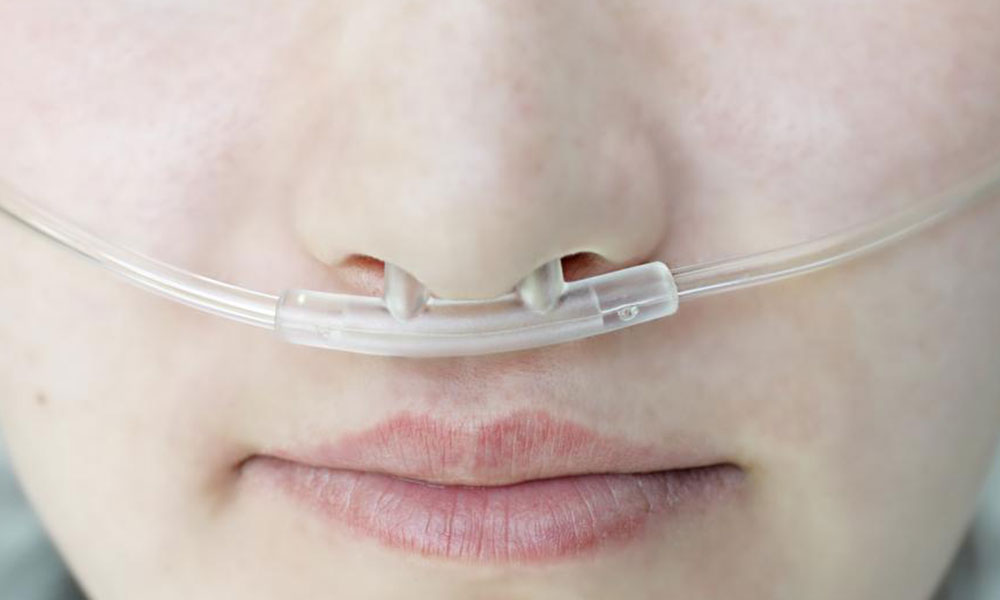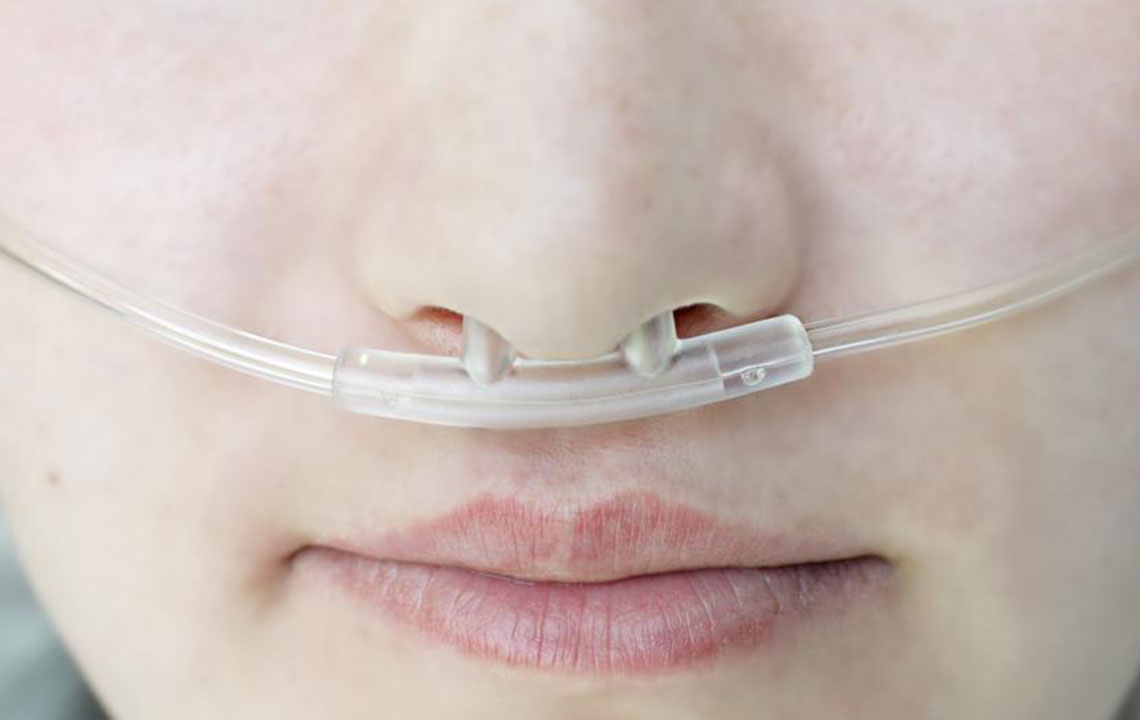Prognosis and Longevity in COPD Patients
COPD is a chronic lung disease with no cure, affecting millions worldwide. Its progression varies based on disease stage, lifestyle, and health factors. Using tools like the GOLD stages and BODE index, healthcare providers assess prognosis and guide treatment. Quitting smoking significantly enhances survival. Understanding these factors helps patients and caregivers better manage expectations and plan effective interventions.
Sponsored

Chronic Obstructive Pulmonary Disease (COPD) is a long-term respiratory condition affecting millions worldwide. The disease primarily damages the lungs, leading to decreased breathing capacity as it progresses. The outlook for COPD patients varies greatly depending on disease severity, lifestyle, and overall health, as there is currently no cure. COPD develops as either emphysema or chronic bronchitis, both sharing the feature of airflow limitation. The disease's impact on life expectancy depends on many factors, including treatment, habits, and comorbidities.
Management strategies primarily involve monitoring progression using systems like GOLD, which categorizes COPD into four stages: mild, moderate, severe, and very severe. Advanced stages are linked to shorter life spans. Additionally, the BODE index, measuring body mass, airflow obstruction, dyspnea, and exercise capacity, helps evaluate a patient's prognosis. Notably, quitting smoking significantly improves survival chances for COPD sufferers, emphasizing the importance of lifestyle modifications.
Understanding COPD Life Expectancy
Since COPD has no definitive cure, disease progression and individual health status are crucial in determining lifespan. Factors such as medication effectiveness, mental resilience, and overall wellness influence outcomes.
The severity of COPD is classified through the GOLD stages, affecting life expectancy; the higher the stage, the shorter the expected survival period.
The BODE index provides a comprehensive assessment of prognosis by evaluating body mass, airway obstruction, dyspnea level, and exercise capacity.
Patients who stop smoking after diagnosis tend to have better survival rates than those who continue, highlighting the importance of lifestyle changes in managing COPD.






